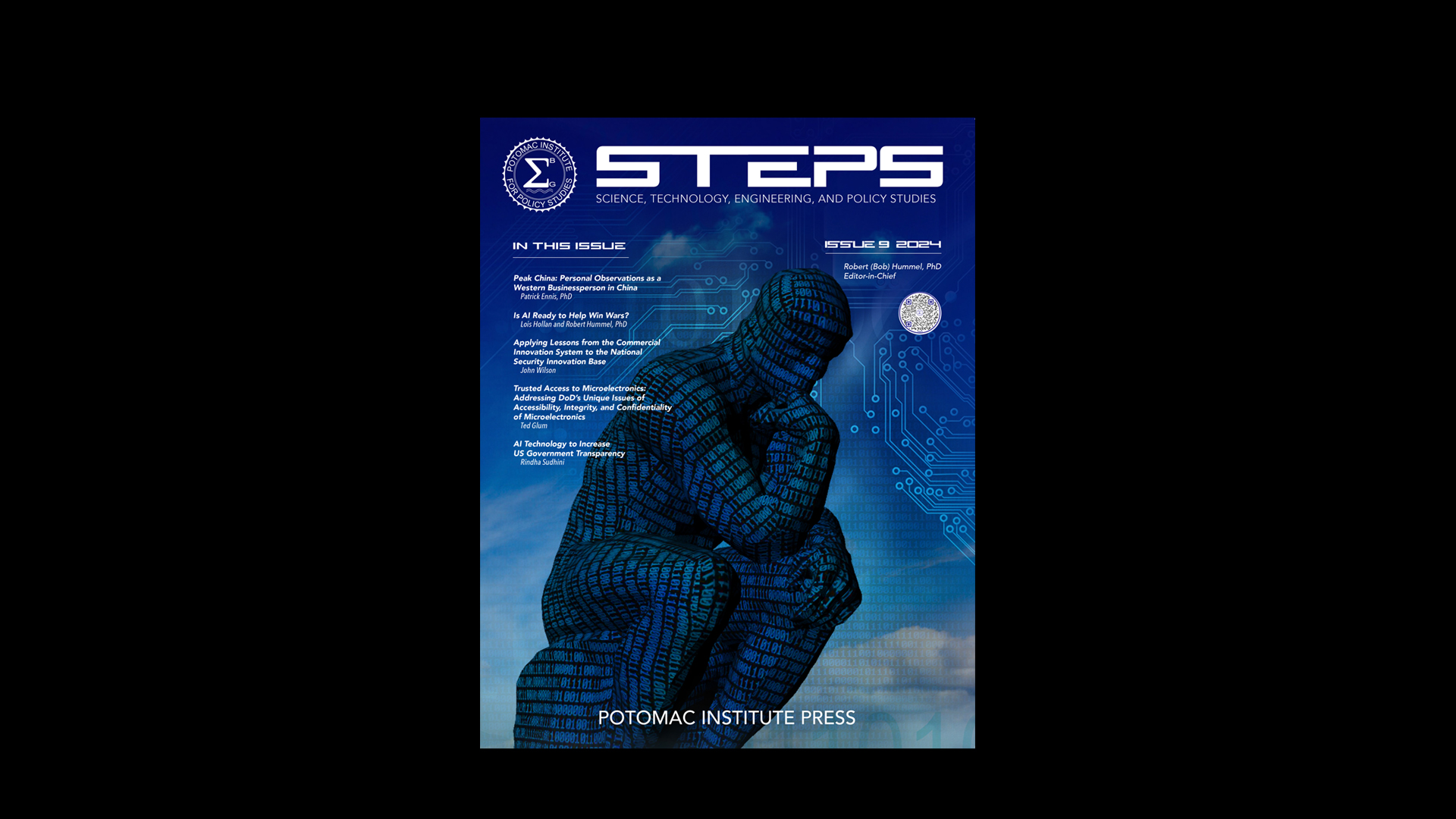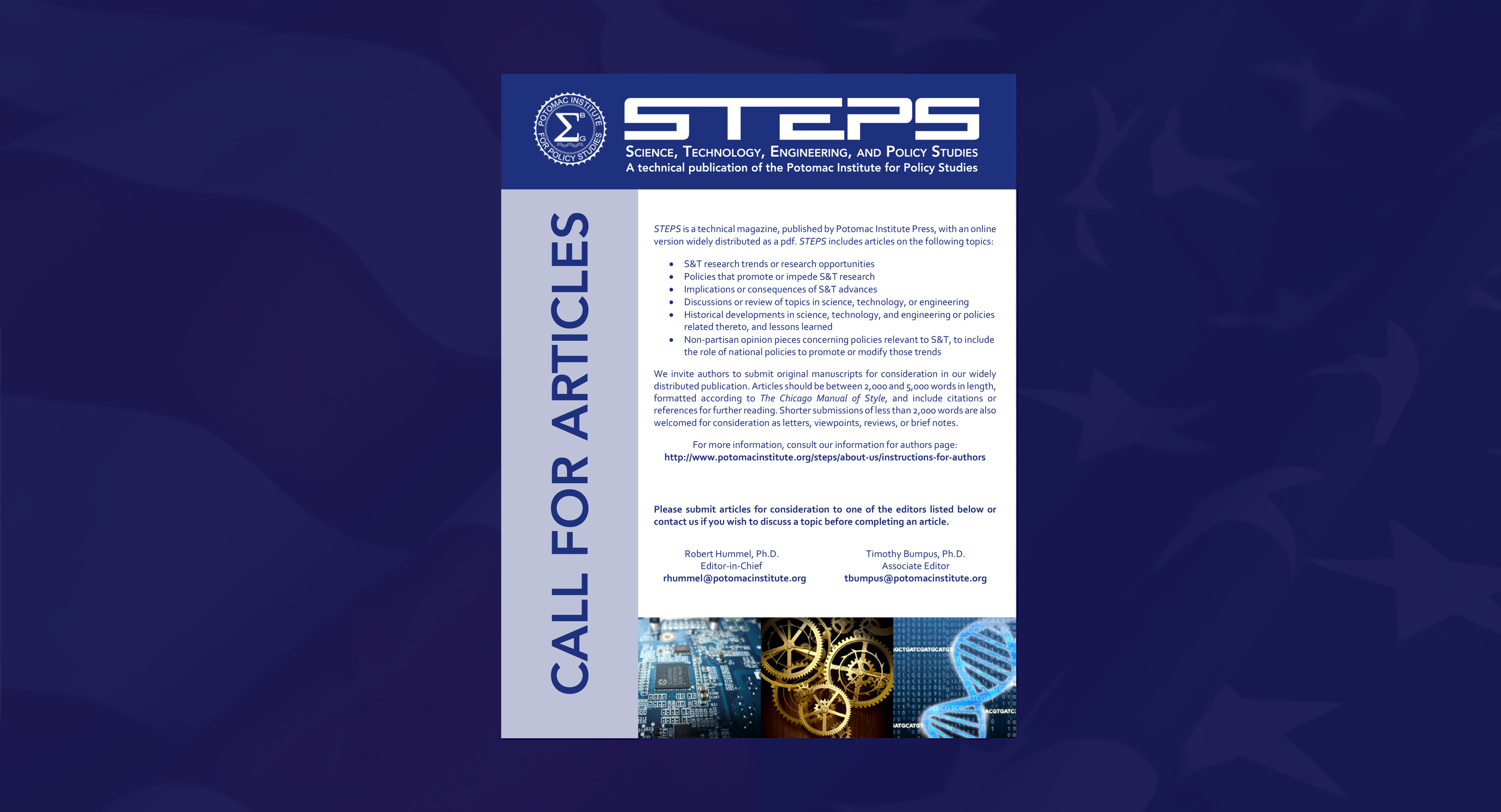by Jennifer McArdle
Tension is increasingly mounting over the future governance framework of the Internet. The Internet Governance Forum came to a close last week, and Internet stakeholders are beginning to look to October’s Internet Governance Telecommunications Union (ITU) Plenipotentiary with anxiety. As the U.S. prepares for October’s meeting, it would be wise for them to look back to April’s NETmundial meeting. NETmunidal provides an informative example of a concluding meeting statement that does not necessarily reflect the ‘mulitstakeholder’ decision it supposedly endorsed.
The conflict over the future of the Internet is over two differing approaches to Internet governance: multistakeholderism and multilateralism. Multistakeholder advocates believe stakeholders from a multitude of entities should govern the Internet: states, private sector, civil society groups, academia, and non-governmental institutions. Multilateral champions, in contrast, believe that a conglomeration of states, most likely located within the United Nations (UN), should govern the Internet. While the divide separating both camps is not necessarily manichaeistic, their divergences over how the Internet should be governed has tremendous social, economic, and security implications.
At first glance, the April NETmundial Internet governance meeting in Sao Paulo, Brazil appears to be a victory for the ‘multistakeholder’ Internet governance camp. A quick look at the website home page shows the ‘NETmundial multistakholder statement’ as the first item on their banner. Country statements post meeting seem to support this view. In late April, the U.S. State Department—perhaps one of the more vocal advocates of multistakeholderism—issued a press release that noted their ‘pleas[ure] that the [NETmundial] document continues to focus on a future Internet rooted in mutlistakeholder processes and institutions.” Likewise, the European Commission, another important member of ‘team multistakeholder’ stated that, “NETmundial has put us on the right track.” However, a closer analysis of the NETmundial statement seems to suggest otherwise.
The outcome document from NETmundial, “The NETmundial Multistakeholder Statement”, provides various taskings or suggestions that advocate for either a multilateral or multistakeholder process. There are fifteen such statements that task an item or make a suggestion. Overall when comparing the various items that support multistakeholderism to the items that advocate multilateralism, the outcome of the various statements are 40% promoting a mulistakeholder approach to 60% advocating multilateralism. Moreover, if one only includes concrete follow-on taskings to organizations, the result would be 100% multilateralism. Of those fifteen statements, the only concrete taskings that takes place in the document is to UN forums or UN sponsored conferences. The UN is a multilateral institution, composed of member states.
There is also some disconnect between statements advocating a multistakeholder process and the institution or former document the ‘NETmundial Statement’ endorses as a mechanism to achieve multistakeholderism. For example, in 2.1.2 the document advocates for a mulitstakeholder process to enhance cooperation on Internet governance public policy. While making this statement, the document notes that cooperation should be in the spirit of the Tunis Agenda and should consider UN Commission on Science and Technology Development (CSTD) working groups. The Tunis Agenda places emphasis on development goals through a multilateral process and the CSTD is a UN institution, which is inherently multilateral. While 2.1.2 advocates for a multi-stakeholder approach, the institutions that are mentioned to help facilitate that process are multilateral.
From a U.S. policy perspective NETmundial was not the success that the U.S. State Department purported. In the upcoming ITU Plenipotentiary negotiations, the U.S. government would be wise to heed the example of NETmundial and take note of the disparity between overt statements and actual outcomes.
This blog is based on a conversation with Senior Fellow, Melissa Hathaway. Initial observations on the disparity between the NETmundial document and outcomes are hers.

















